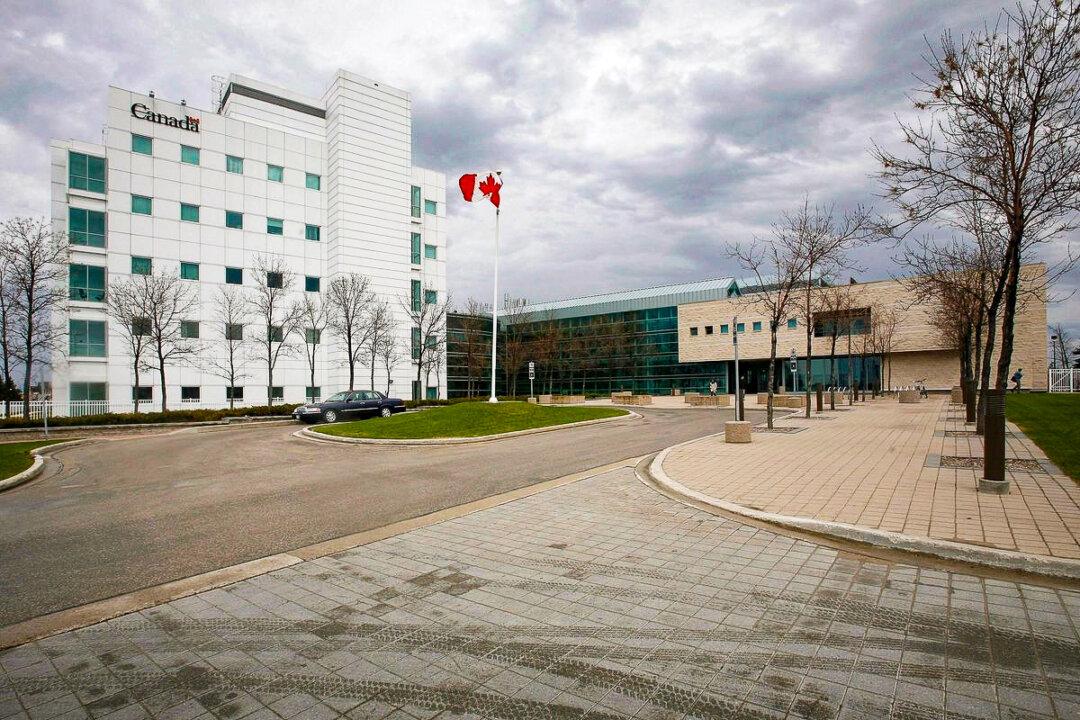A U.S. Congressional committee is seeking a briefing from the country’s top intelligence official on Beijing’s infiltration of Canada’s highest-security lab in Winnipeg, following revelations that two scientists there collaborated with the Chinese military to obtain Western technologies.
The House of Representatives’ Committee on Energy and Commerce is requesting a briefing on the findings of the Canadian Security Intelligence Service (CSIS) related to the activities of the two fired Winnipeg scientists, Xiangguo Qiu and her husband, Keding Cheng.





